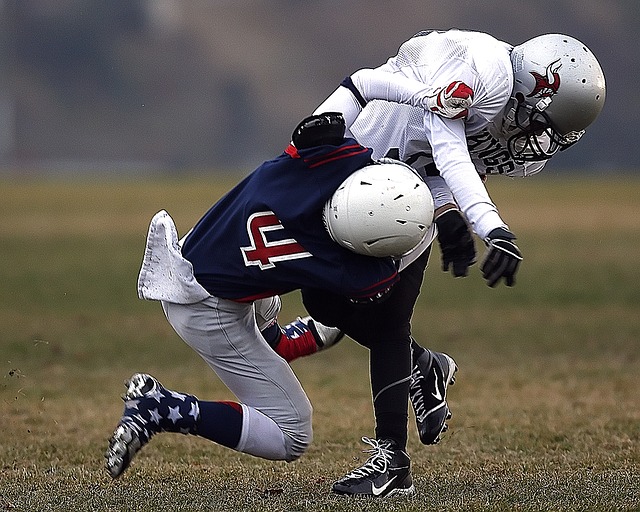High school athletes who stop and take themselves out of a game immediately after experiencing a concussion recover in half the time it takes those who continue to play with a head injury, new research states.
Robert J. Elbin, the lead author on the study from the University of Arkansas in Fayetteville, says,
This was one of the first studies to tie-in a recovery consequence to staying in the game and playing with a concussion.
Keeping at a game with a head injury might only make it worse, and evidence states it will lengthen recovery time before an athlete can play again, Reuters reports.
Elbin and his team studied 95 athletes, both male and female ages 12 to 19. The participants had all contacted specialty clinics for concussions due to sports in 2014. The athletes, who played either football, hockey, soccer, basketball or volleyball, gave information on medical history, information on their injuries and when they were removed from playing after the concussion happened.
The participants also completed a series of neurocognitive tests at the clinic between one to seven days after the head injury. A second set of tests followed eight to 30 days later. The researchers conducted follow-ups to check on how long it took before each athlete was cleared to go back to playing.
Medical clearance meant the player had no more symptoms, either while at rest or after physical activity.
The research team analyzed the data of 35 teens who were taken out of a game immediately to 34 who kept playing for an average of 19 minutes before sitting down.
The athletes who continued the game took an average of 44 days to return to their sport. Those who tapped out right away averaged only 22 days in recovery before getting cleared.
The neurocognitive tests showed that those who kept playing had a greater number of and more severe symptoms compared to those who stopped playing immediately. They were also nine times more at likely to have longer recovery times of over 21 days.
Elbin says it’s unclear if the continued physical activity after a concussion made recovery longer, or if athletes may have experienced additional head injuries while playing that worsened their condition.
“For youth athletes that present with a head injury, it’s recommended that they’re immediately removed from play and seek medical evaluation,” Elbin says. The sad news is that up to 50% of concussions are not reported, as players might not want to let their teammates down.
However, Elbin says that their data shows that if athletes do continue to play after a head injury, they will eventually let their team down more in the long run by a protracted absence.
The study was published in Pediatrics.
























